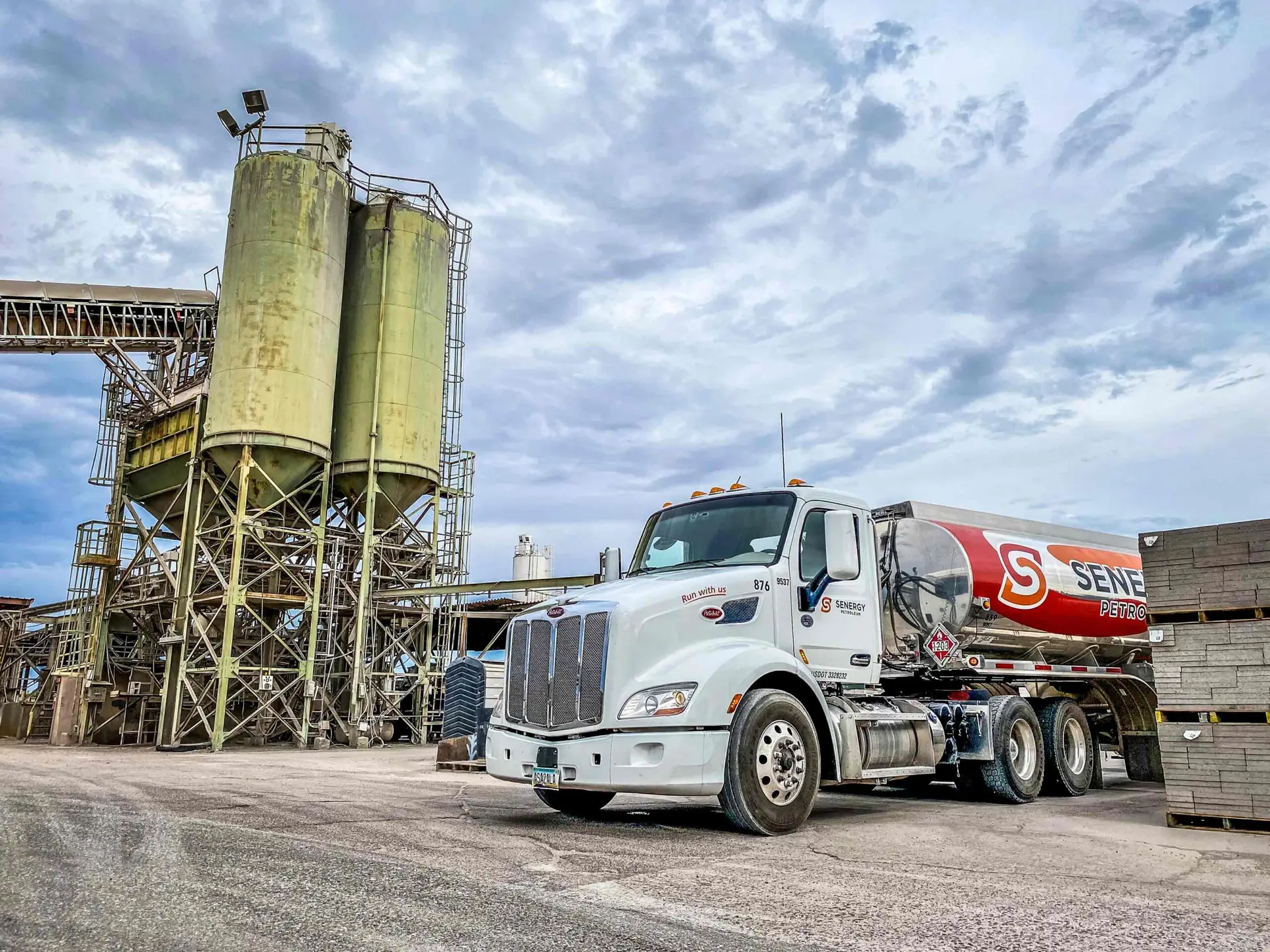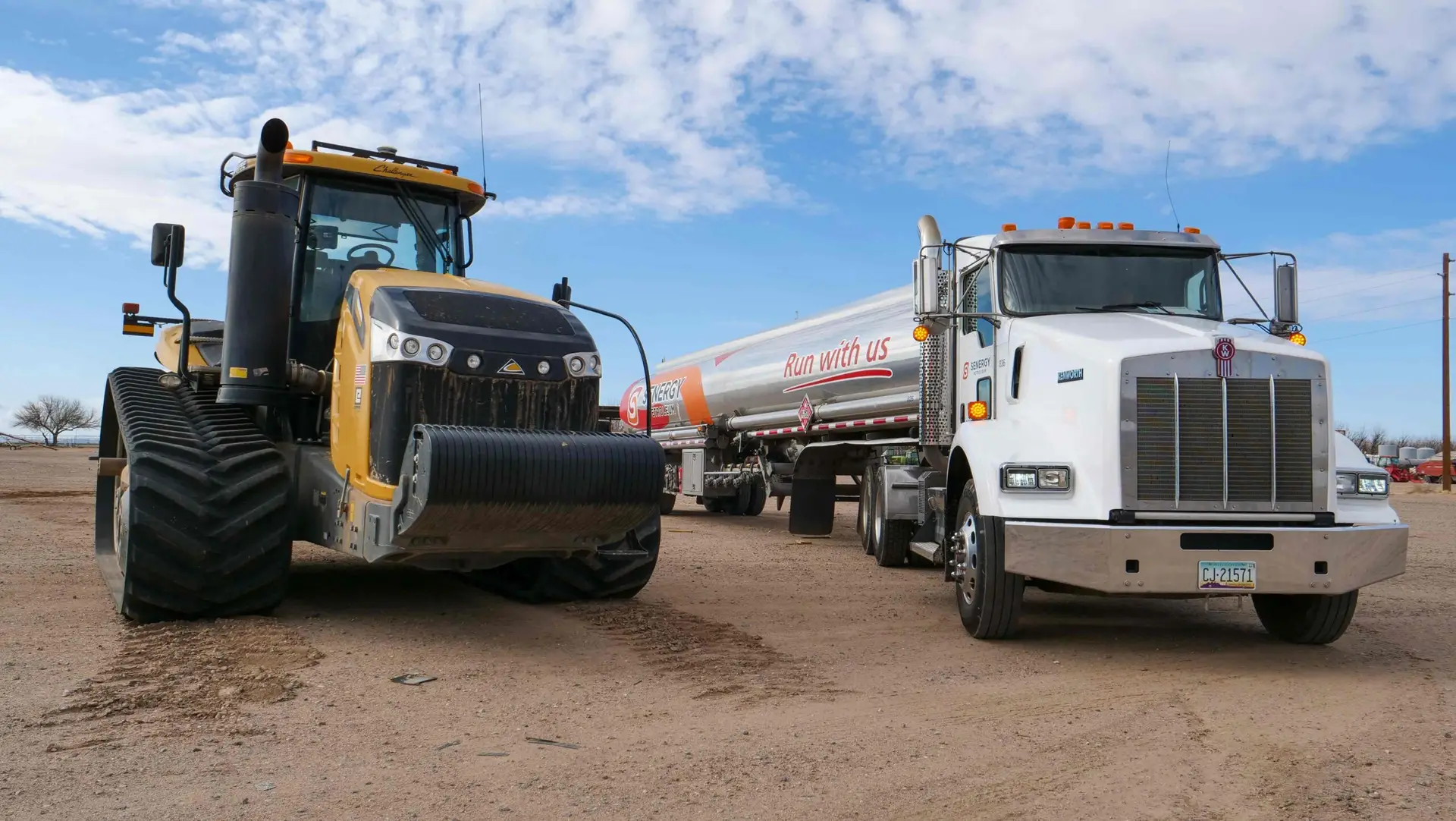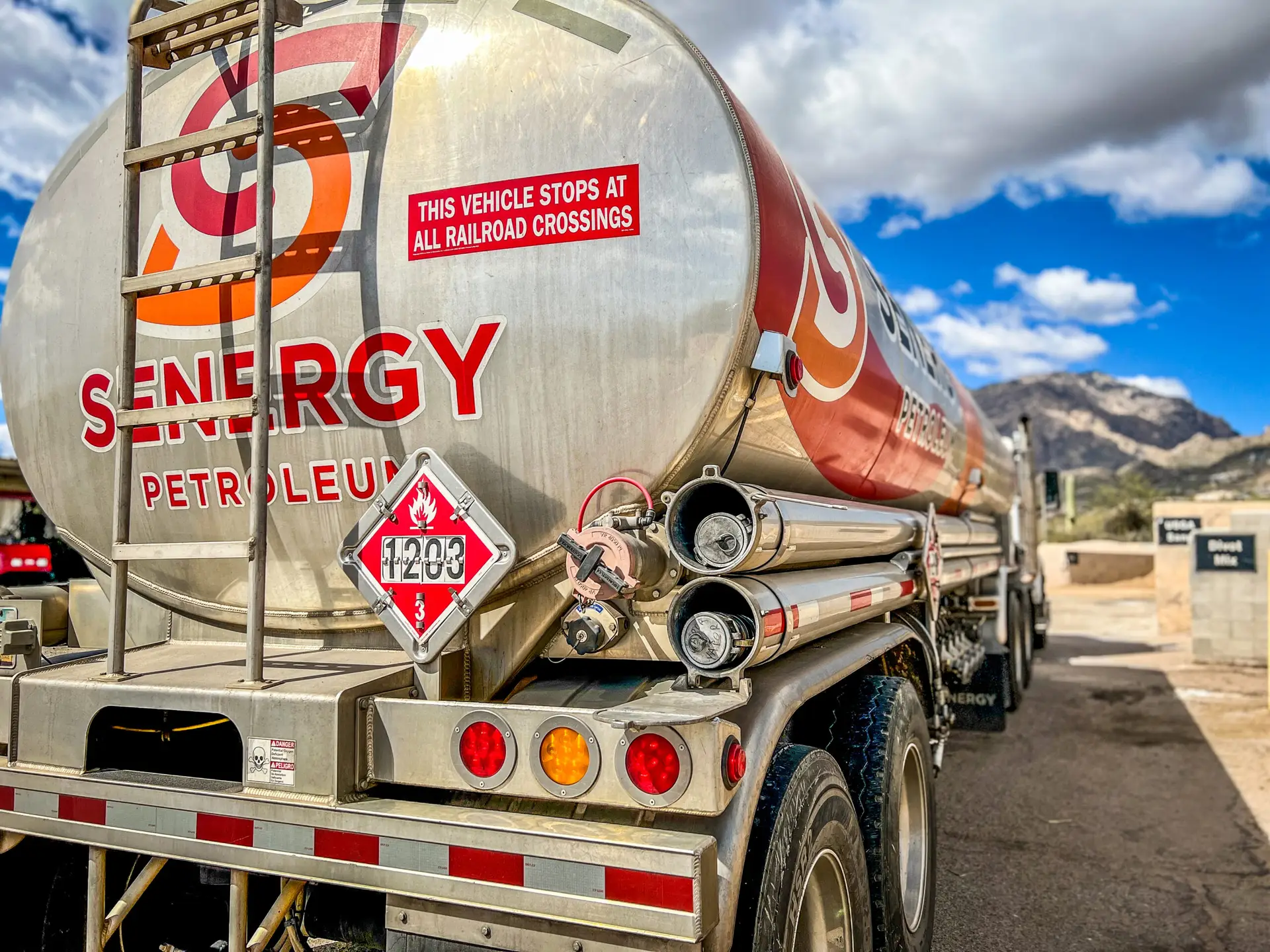Motors are an essential part of life, powering everything from cars and generators to construction and farming equipment. They’re built to endure tough conditions and keep getting the job done. However, even the most durable machines can struggle in extreme environments—be it scorching heat, freezing winters, or dusty, windswept terrains. These harsh conditions put constant stress on engine components, increasing the risk of wear and tear.
Fuel modifiers offer a powerful solution to protect engines in such demanding conditions. These chemical fuel additives enhance fuel quality, improving engine performance and durability even under the harshest circumstances.
Fuel modifiers are invaluable not only for vehicles on the road but also for construction, trucking, and agricultural equipment. They address common issues like low-quality fuel, dirty injectors, and carbon buildup. By incorporating this technology into your fuel system, you can reduce maintenance challenges, seal potential weak points, and prevent severe engine damage—ensuring reliable performance even in remote and rugged terrains.





